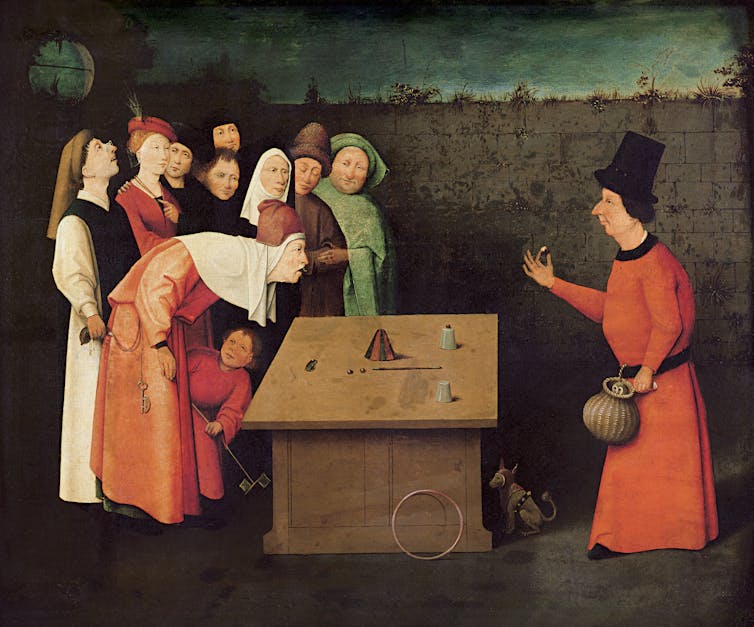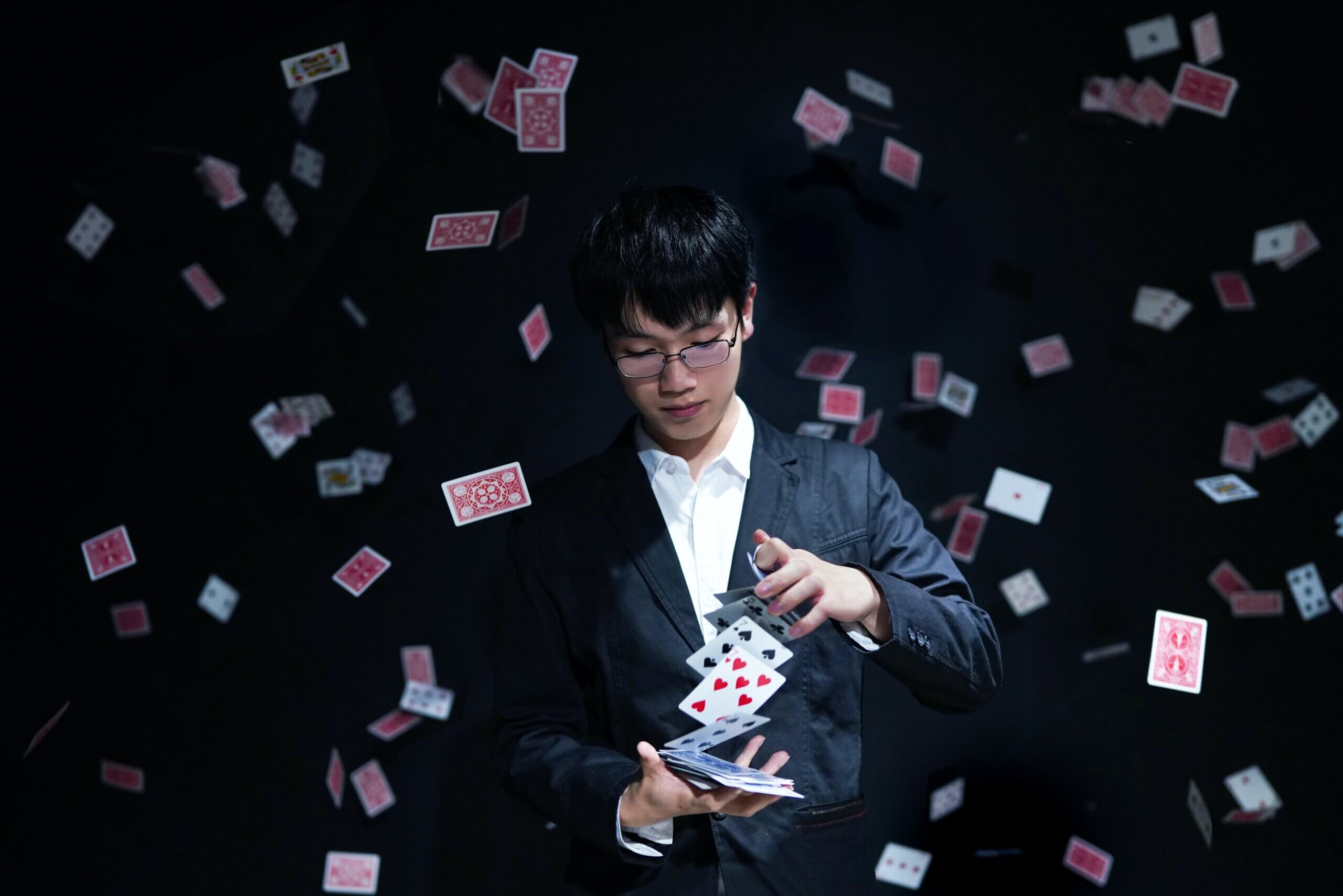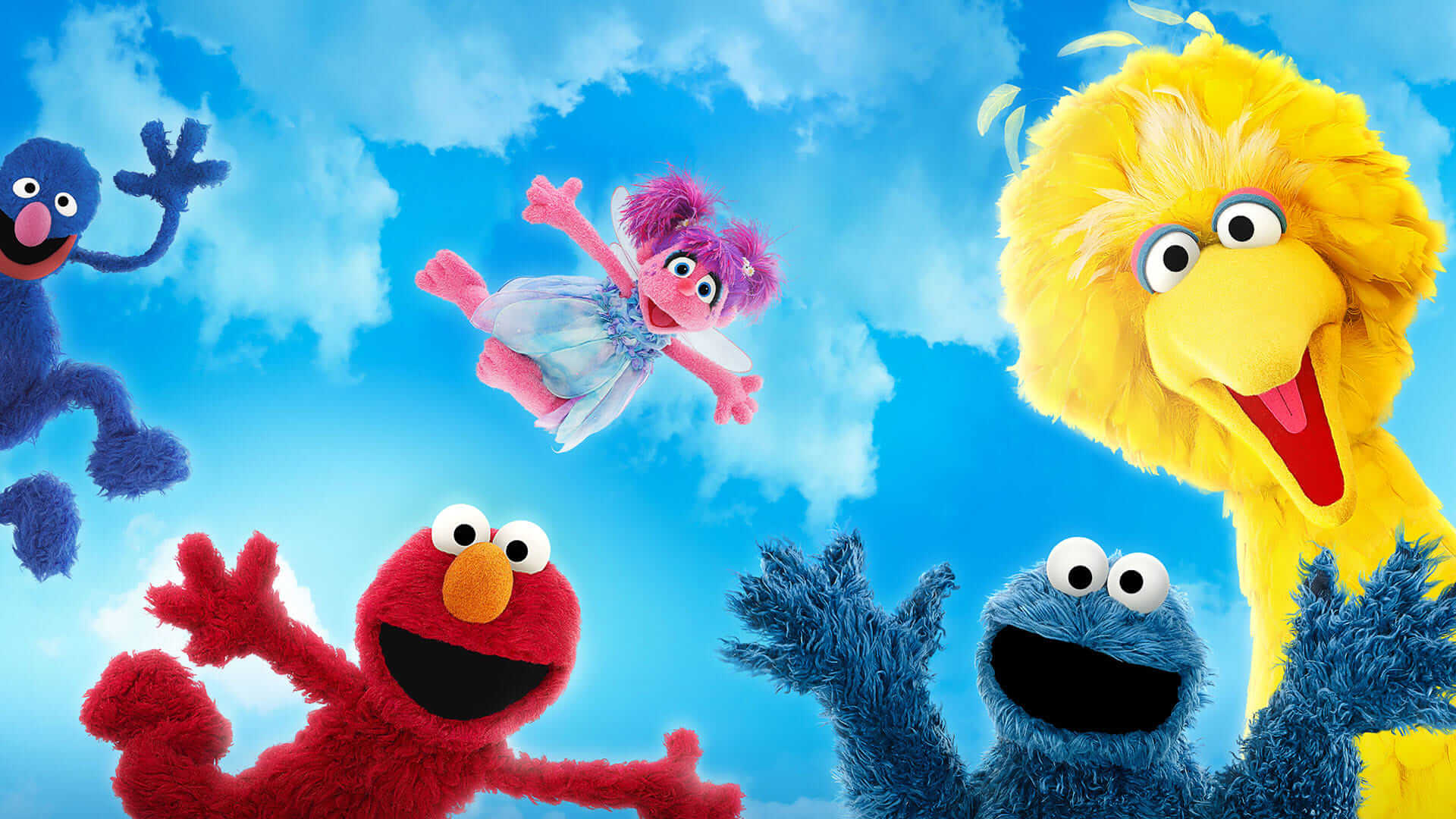Key Takeaway:
A study examining the mental health of magicians found that they exhibited similar traits to people with mental illnesses like schizophrenia and autism. Magicians, who both create and perform their own shows, require precision and technical skills to entertain the audience. They scored lower on nearly every psychotic symptom compared to the general population, demonstrating high concentration, lower levels of social anxiety, and fewer instances of unusual experiences. They also had good self-control and were friendly and affable, similar to scientists who also score low on psychotic symptoms. Magic performances require discipline and repeatability, making them more similar to scientists who explore different solutions to the same problem. However, mental illness and developmental differences may be counterproductive to magicians’ work, making it difficult for aspiring magicians with higher levels of psychotic and autistic traits to succeed in the profession.
Can you think of a comedian, actor, poet or writer who suffered from mental illness? Maybe the actor Robin Williams or comedian Stephen Fry came to your mind. Perhaps it was the writer Virginia Woolf. All three have had well-documented struggles with bipolar disorder.
Mental illnesses have been associated with creative thinking for a long time. For instance, mathematician John Nash’s battle with schizophrenia was immortalised in the film A Beautiful Mind (2001).
Research supports this link, showing that people with mental illnesses such as schizophrenia are more likely to work in creative jobs. It also shows that creative groups, including stand-up comedians, artists and scientists, are often more likely to face challenges with their mental health.
But are all creative people created equal? Our new study aimed to explore whether a unique creative group that had never been studied before – magicians – exhibited similar proclivities to some mental illnesses such as schizophrenia. We also looked at whether they were more likely to have a neurodivergent difference, such as autism.
Many researchers believe that both mental illness and neurodivergence can enhance creative thinking. Scientist Temple Grandin is a famous example of this. She credits her experience of being on the autism spectrum for the development of a hug machine that helps handle livestock in a more humane way, and was later adopted by other autistic people.
Mental health conditions may range from anxiety or depression to personality disorders or psychosis. When someone experiences psychosis, it is measured on a continuum, with only those experiencing certain patterns and episodes being diagnosed with schizophrenia.
People not clinically diagnosed with schizophrenia, for example, such as those with fewer episodes or less intense symptoms of psychosis, sometimes experience mind wandering and disorganised thinking. This can be challenging for focus but may be beneficial for fostering creativity.
Magicians are unique in that they both create their own shows and perform them. In this sense, they are similar to comedians. Most other creative groups either create or perform but not both. However, unlike comedians, there is much more at stake in a magic performance. If a comedian’s joke falls flat, it may be unpleasant, but it’s unlikely to ruin the entire show.
With a few good jokes that make the audience laugh, the comedian can get back on track. In contrast, one failed magic trick can be disastrous and opportunities to recover during the act can be few and far between.
Magicians, therefore, need to be extremely precise in their performance and possess highly technical skills, all while entertaining the audience simultaneously. This unique work environment and skill set make them an intriguing creative group to study. We carried out our own research with the assistance of a professional magician.
Magical thinking
Our study included 195 magicians, primarily from the UK and the US, with an average of 35 years of experience in performing magic. This included close-up magicians, mentalists, card experts and large-stage magicians. The magicians completed questionnaires assessing their tendencies toward autistic and psychotic traits. These were then compared to a sample of non-magicians with a similar age range and and gender distribution, as well as other creative groups such as comedians, poets, actors and musicians.

The magicians did not exhibit any predisposition for autistic traits, scoring similarly to the general population. However, magicians scored lower on nearly every psychotic symptom compared to the general sample and other creative groups.
In particular, these magicians demonstrated a very high ability to concentrate, lower levels of social anxiety and fewer instances of unusual experiences, distorted thoughts and hallucinations. All these traits are highly advantageous for the work of magicians, as they enable them to focus and pay attention to their craft without distractions.
The magicians we studied also did not display any tendency for anti-social behaviour and had good self-control. While these traits are valuable for many creative groups, such as artists and comedians, they are less critical for a magic performance. Magic performances are social events, often involving the audience and sometimes using assistants. So being friendly and affable is a key ingredient for a successful show.
In this regard, magicians are more similar to scientists who also score low on psychotic symptoms. Both require high levels of organisation and perseverance in their work. Moreover, just as scientists often explore different solutions to the same problem, magicians can perform the same magic trick in multiple ways.
Magicians vary in the level of creativity in their performances. While some magicians can be edgy and innovative (just watch David Copperfield’s famous flying illusion below), many magicians can build successful careers by performing familiar tricks, sometimes with their own tweaks, without the need to create new tricks.
Unlike other creative groups who have more flexibility in their work and may improvise during their performances, magic shows require discipline and need to be repeated exactly the same way for the tricks to work.
The magician’s oath not to reveal the secrets behind the tricks allows them to perform the same tricks repeatedly without the audience getting bored and also preserves the mystery of the act.
So unlike with other creative endeavours, mental illness and developmental differences may be counterproductive to magician’s work. It is possible that aspiring magicians with higher levels of psychotic and autistic traits find it very difficult to succeed in this profession.
Ultimately, our study illustrates that not all creative individuals are created equal, and the association between creativity and psychopathology is more complex than previously thought.




























